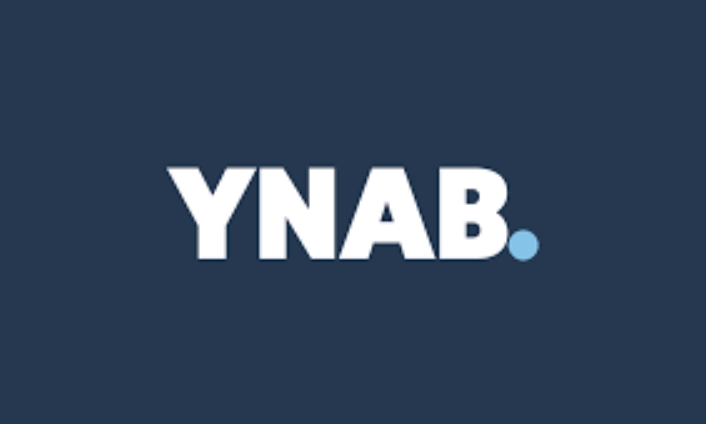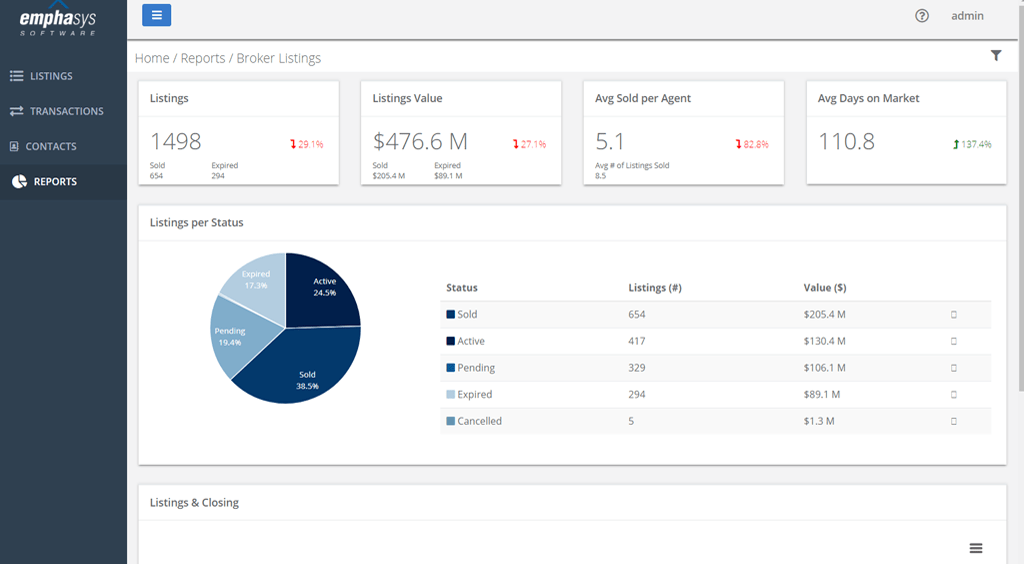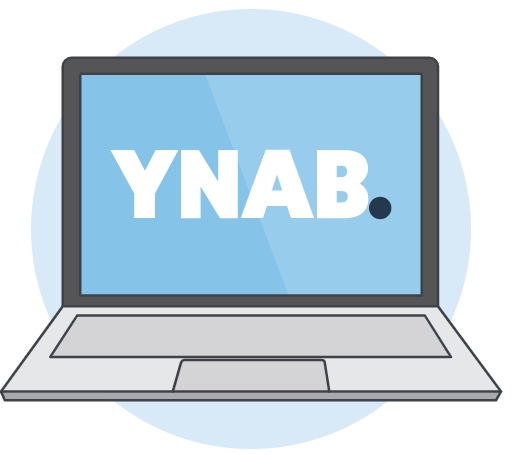Types of business loans: Which are the best for you

Anúncios
There are various types of business loans designed to meet different business needs, making it essential to understand your options before making a decision.
When running a business, you may need to rely on business loans to support growth or cover unexpected expenses.
Anúncios
Among the most common types are working capital loans, loans for purchasing equipment or expansion, and sector-specific credit lines.
Understanding each type of business loans is crucial to ensure the decision is the most beneficial for your business.
Anúncios
Get to know the main types of business loans
Business loans are financing agreements between a business and a financial institution, such as a bank, to cover operational costs or finance investments, such as purchasing equipment.
They are essential for businesses without sufficient resources to cover certain expenses or those needing quick financial support to maintain or expand operations.
Business loans typically require businesses to provide collateral (like assets or properties) and demonstrate repayment ability through financial documents like balance sheets.
These loans are suitable for businesses of all sizes, especially those facing cash flow challenges or needing capital for new projects or expansion.

Main advantages of the types of business loans
- Access to large sums: They allow businesses to access significant amounts of credit, which can be vital for survival or expansion.
- Flexible payment options: They offer adaptable payment conditions, including longer terms or adjustable installments based on business needs.
- Improved cash flow: They provide immediate financial support, enabling uninterrupted business operations.
Main disadvantages of the types of business loans
- High interest rates: Depending on the business profile and loan type, interest rates can be high, especially if there’s no collateral or the company lacks a strong financial history.
- Risk of debt: If the business fails to repay the loan, it may face additional financial difficulties, including losing assets used as collateral.
- Strict requirements: business loans often require collateral and detailed financial documentation, which can be challenging for smaller businesses or those without organized financial structures.
Term Loan
A term loan provides a fixed amount that the business repays in monthly installments with an agreed interest rate.
It is ideal for financing long-term projects or covering operational costs. The advantage is structured financial planning, but the downside can be a high interest burden in some cases.
SBA Loan
Offered through a government program in the United States, the SBA Loan is aimed at small businesses.
It provides better payment terms and lower interest rates, making it especially suitable for startups without sufficient collateral for traditional loans.
Business Line of Credit
A business line of credit offers flexibility, allowing the business to withdraw funds as needed, up to a set limit.
It is ideal for businesses needing working capital to handle revenue fluctuations or seeking a more flexible financing method.
However, interest rates can be higher, and there’s a greater risk of debt if not well-managed.

Equipment Financing
Equipment financing is designed for purchasing machinery or equipment essential for business operations.
Typically, the purchased equipment serves as collateral, which can lead to lower interest rates.
The disadvantage is that the financing may have short repayment terms, posing challenges for some businesses.
Invoice Financing
Invoice financing allows a business to advance the value of outstanding invoices. It’s a great option for businesses with sales on credit that need immediate cash flow.
However, businesses opting for this type of financing should be aware of advance fees and the risk of failing to repay the loan on time.
Microloan
Microloans target small businesses or individual entrepreneurs, offering smaller amounts with more accessible interest rates.
They are an excellent option for startups or entrepreneurs who don’t qualify for conventional loans due to low revenue or lack of collateral.
Merchant Cash Advance
Merchant cash advances are an option for businesses that receive payments via credit cards. The company receives an advance based on future sales, which is deducted directly from transactions.
This type of credit is suitable for businesses with regular cash flow, but may have higher interest rates.
Commercial Real Estate Loan
A commercial real estate loan is designed for purchasing or renovating commercial properties, such as offices or stores.
The acquired property usually serves as collateral, which can result in lower interest rates but also requires strict credit and property evaluations.
Factoring
Factoring allows a business to transfer collection risks to a financial institution. In this model, the company receives an advance payment for invoices that have not yet been paid by clients.
This type of loan is advantageous for businesses with credit collection difficulties but involves higher costs due to the advance.

Each type of commercial loan has specific characteristics, which can be advantageous or disadvantageous depending on your business needs.
It’s important to analyze your business’s financial profile, immediate needs, and associated costs before making a decision.
Know someone looking for information like this? Share this post with those who need these tips! Take the opportunity to read and better understand joint personal loans.





